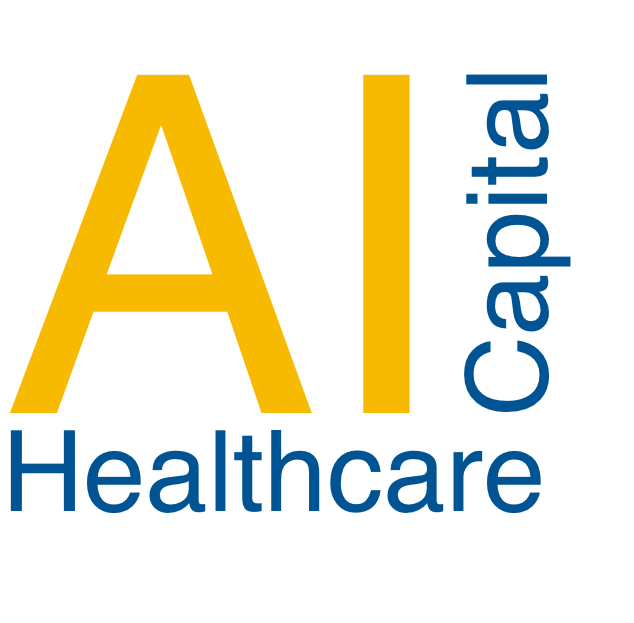by Mark Garver, April 17, 2022
To fully explore what Robotic Process Automation (RPA) can do for healthcare, we must first understand what it is, here is the definition from Wikipedia: “Robotic process automation is a form of business process automation technology based on metaphorical software robots or on artificial intelligence /digital workers. It is sometimes referred to as software robotics.”
There are so many areas in healthcare where automation, or process automation can be a big help. Some of the most obvious areas where RPA can truly be of benefit are:
- Reducing or even eliminating human error
- Monitoring and Reducing Operating Costs
- Reduction in Administrative Tasks
- Reducing or possibly even eliminating healthcare professional burnout
- Streamline the Patient Care Journey
I know that those sound like some pretty lofty goals, but they are being realized in healthcare today. These tasks are very process-driven or rule-based and repetitive, so they lend themselves to the use of technology, including Artificial Intelligence (AI). Let’s take a closer look at each of these areas.
Reducing or Eliminating Human Error
There are a considerable number of administrative tasks in healthcare that are prone to human error, such as insurance claim processing, compliance and reporting related processes and process adherence. In addition to the automation of these processes, these are areas that have been found to be most susceptible to fraud, something RPA can nearly eliminate.
Monitoring and Reducing Operating Costs
Many healthcare systems still rely on data entry, which drives people costs and can be prone to error. Further, trying to extract this data requires digitizing it first. RPA can easily handle all of these tasks driving costs down. Additionally, RPA can be utilized in analyzing future cost of care, by mining data that already exists for different classes of patients.
Streamlining the Patient Care Journey
This area begins with the patient, for instance in selecting a provider that best matches their insurance plan, then attempting to schedule an appointment, all can prove frustrating to the patient. RPA can automate the interaction with the patient through the use of Natural Language Processing (NLP), Machine Learning (ML) and process automation, making the Patient Care Journey more pleasant for the patient. This is another area of potential cost savings for the provider as well.
Healthcare Professional Burnout
By automating processes and administrative tasks, these healthcare professionals are able to spend more time on patient interaction/care, which is why they entered the field in the first place.
These are just some of the ways that RPA can be of benefit in healthcare, there are so many areas where RPA and Artificial Intelligence (AI) can create a better healthcare system.






